Neurobiology of Brain Disorders: Biological Basis of Neurological and Psychiatric Disorders 2nd Edition
Original price was: 153.60 $.14.40 $Current price is: 14.40 $.
by Michael J. Zigmond (Editor), Clayton A. Wiley (Editor), Marie-Françoise Chesselet (Editor)
Publisher : Academic Press; 2nd edition (June 2, 2022)
Language : English
FORMAT: ORIGINAL PDF/PRINT REPLICA
ISBN-10 : 0323856543
ISBN-13 : 978-0323856546
Description
Description
Neurobiology of Brain Disorders: Biological Basis of Neurological and Psychiatric Disorders, Second Edition provides basic scientists a comprehensive overview of neurological and neuropsychiatric disease. This book links basic, translational, and clinical research, covering the genetic, developmental, molecular and cellular mechanisms underlying all major categories of brain disorders. It offers students, postdoctoral fellows, and researchers in diverse fields of neuroscience, neurobiology, neurology, and psychiatry the tools they need to obtain a basic background in the major neurological and psychiatric diseases. Topics include developmental, autoimmune, central, and peripheral neurodegeneration, infectious diseases, and diseases of higher function.
From the Back Cover
Reviews (0)
Only logged in customers who have purchased this product may leave a review.
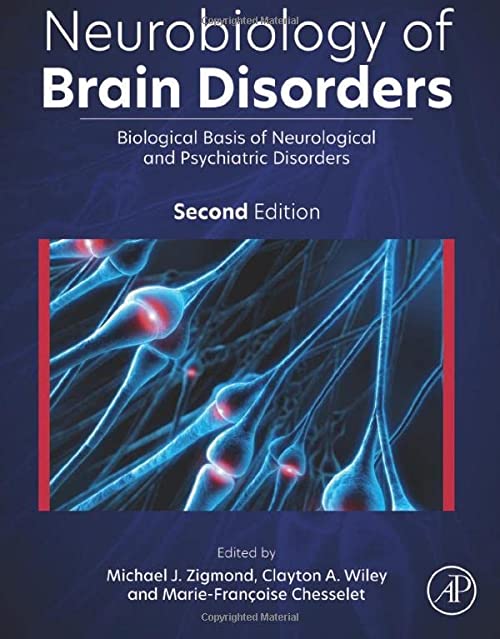
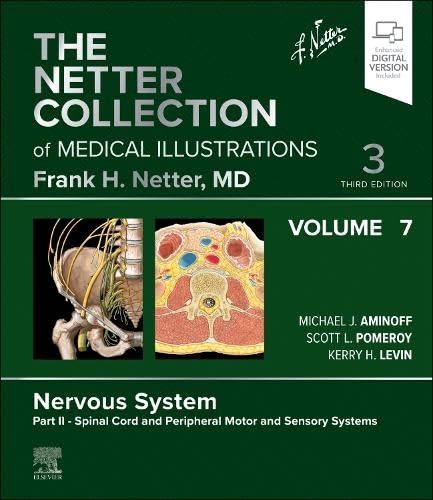
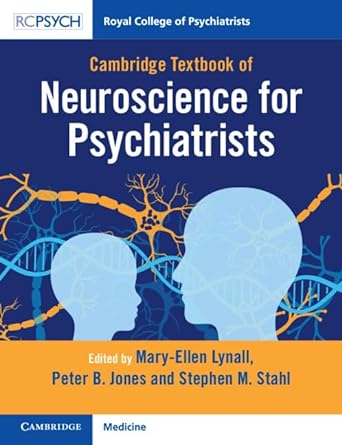
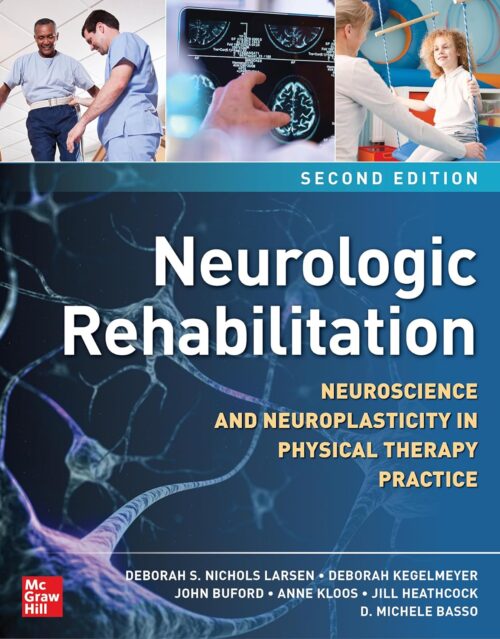
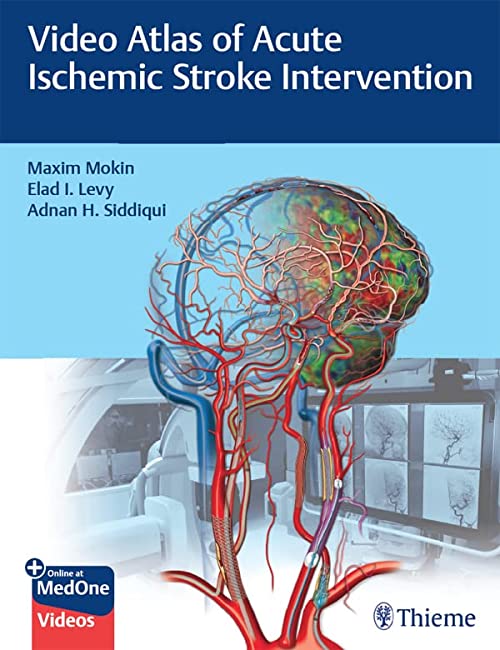
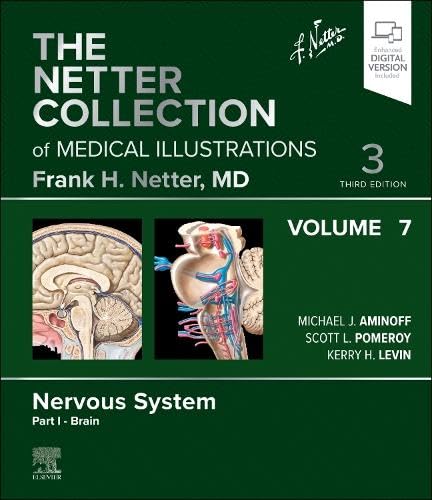
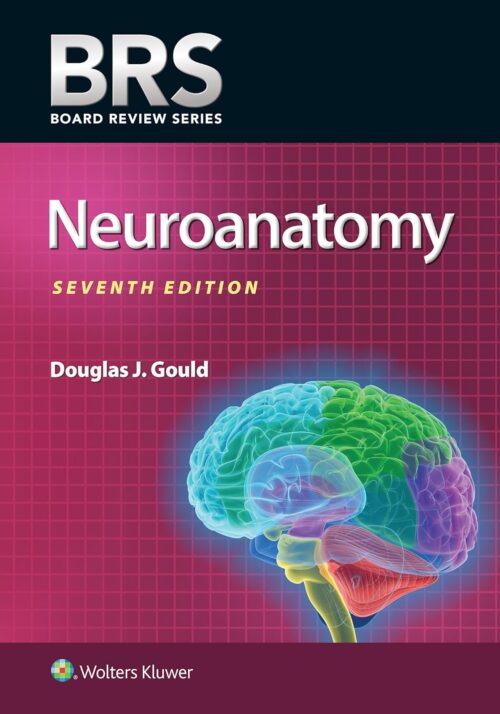
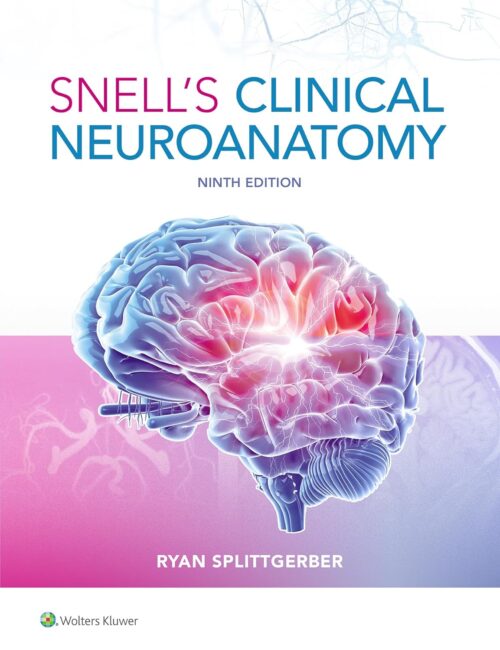
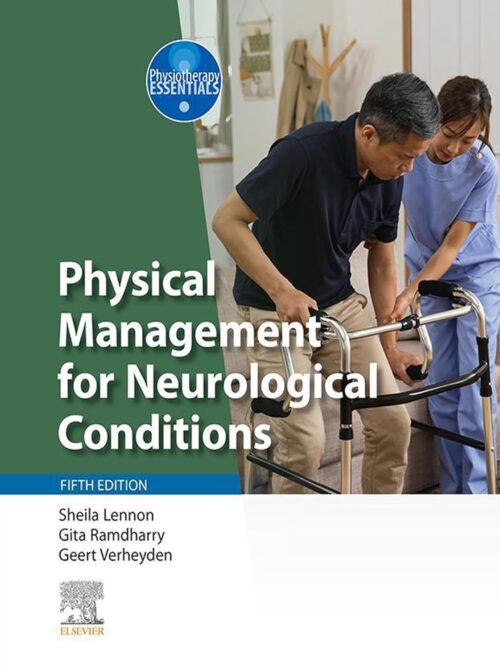
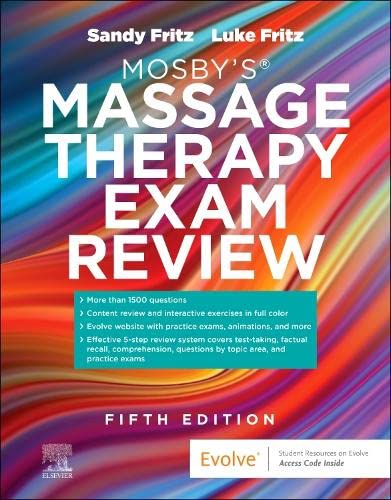
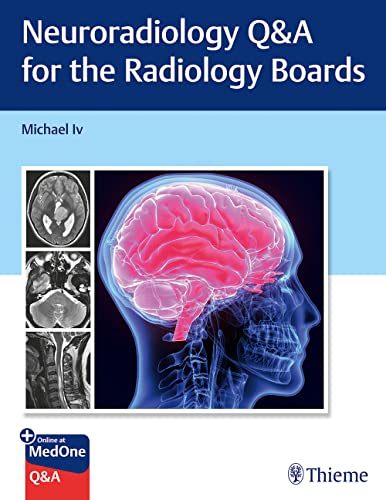

Reviews
There are no reviews yet.